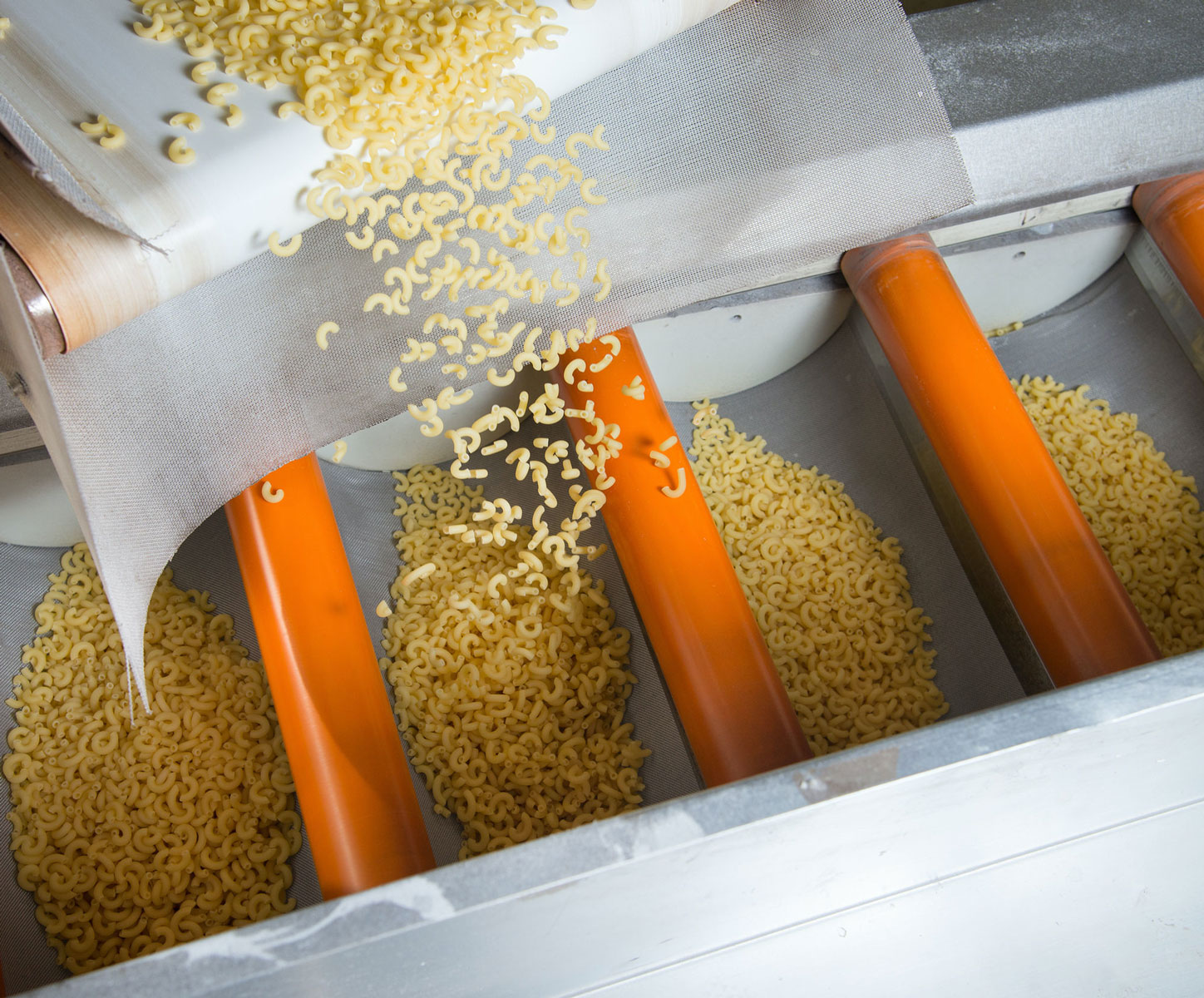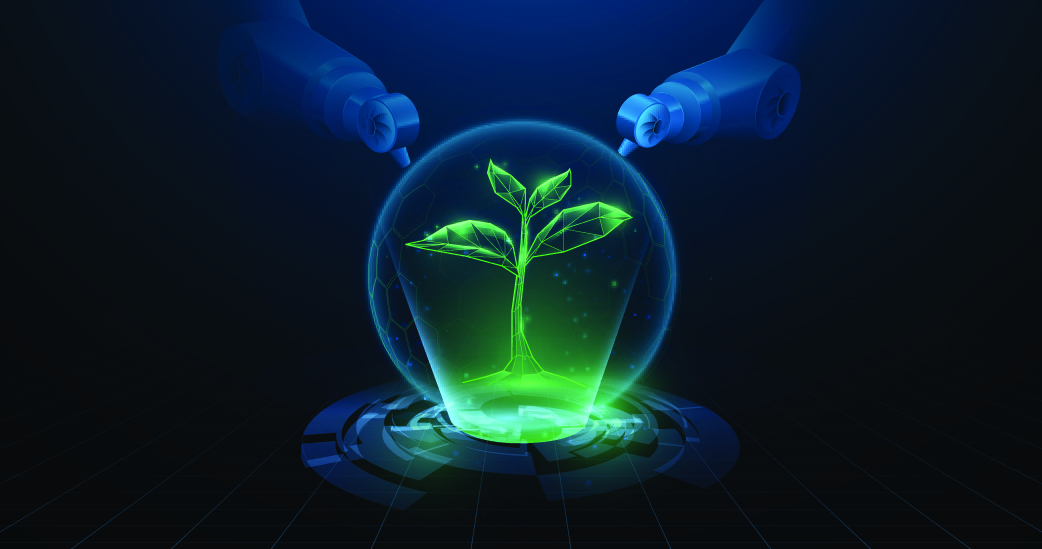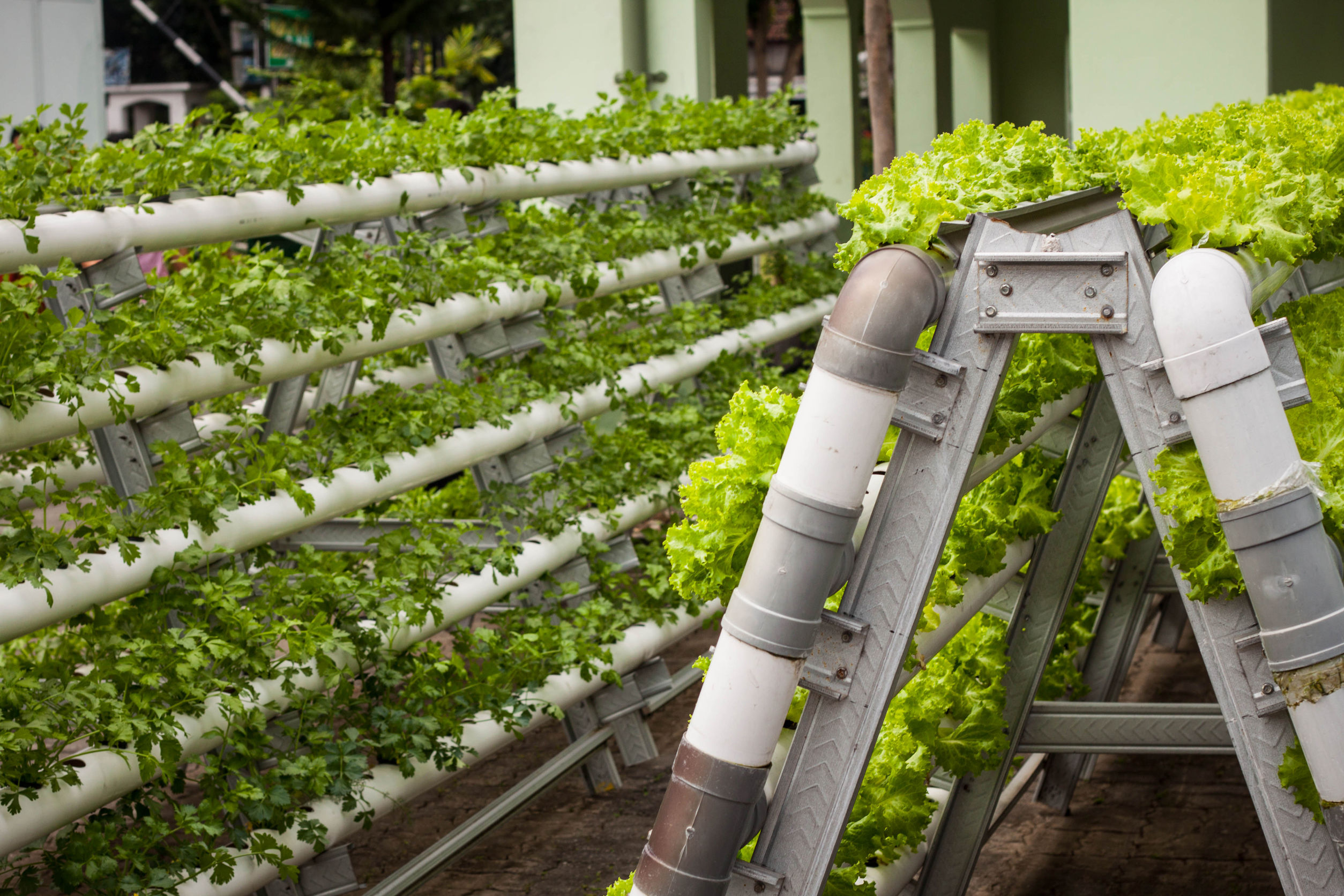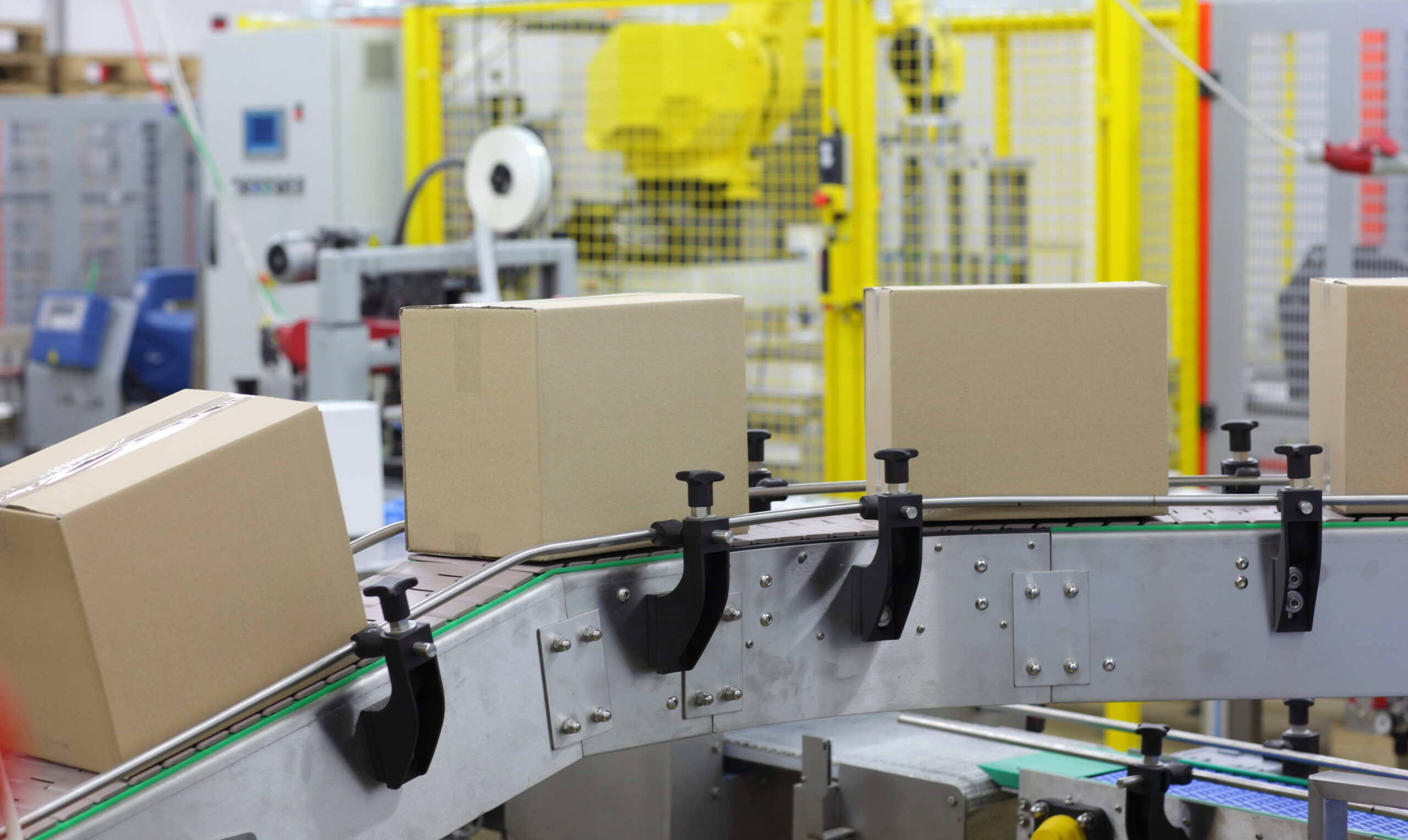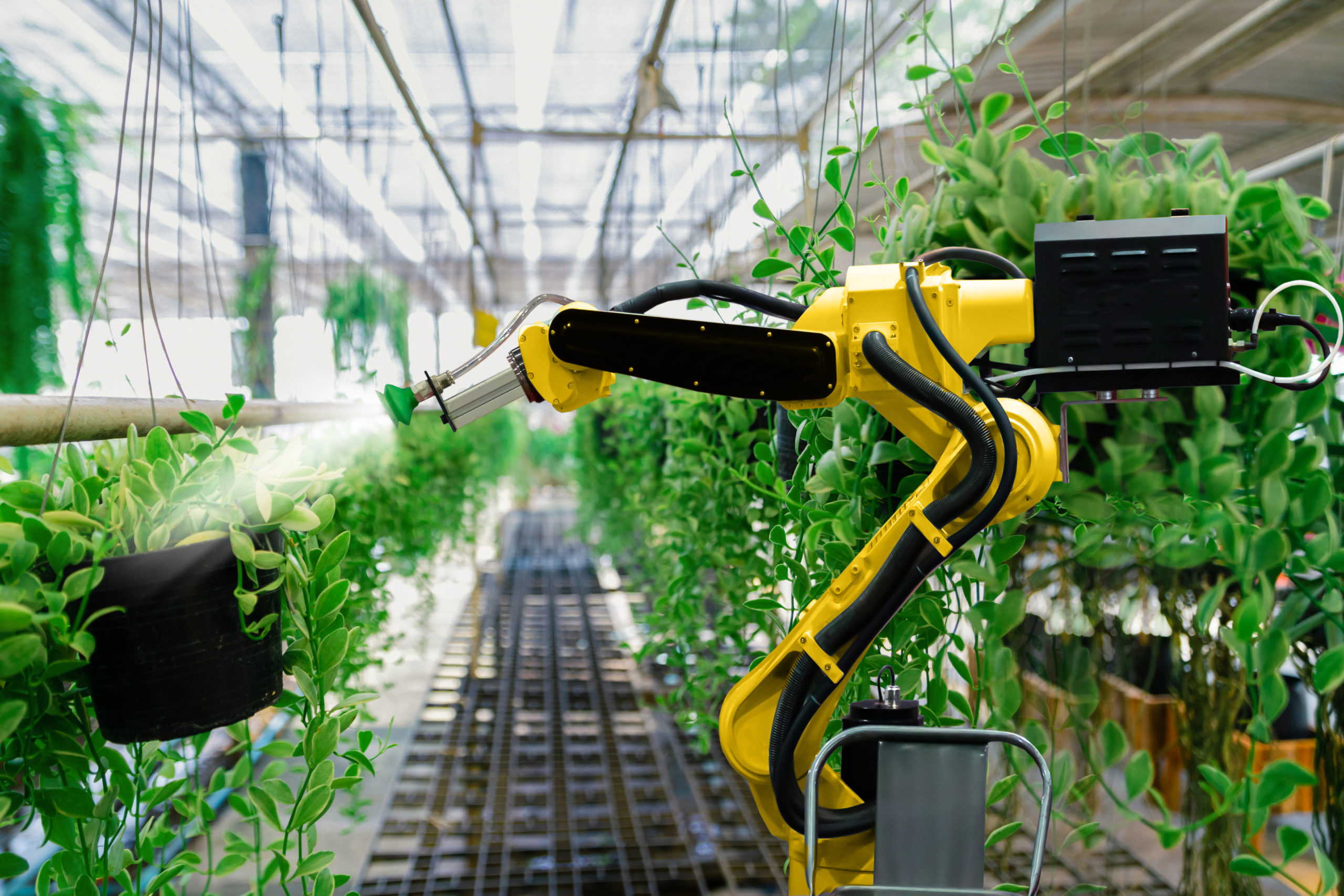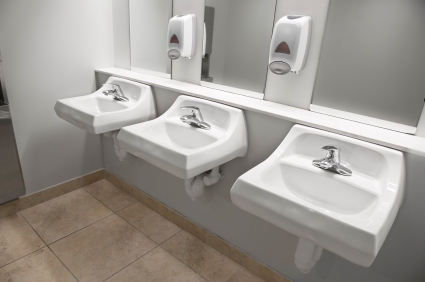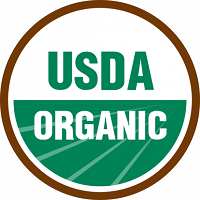9 Ways Advanced Automation Improves Food Safety
Greater automation in the food industry can lead to higher quality and safer products, all while reducing costs. By and large, Americans take food safety for granted. When most of us purchase a product at the grocery store, we expect that it will be safe to eat. Large-scale food-borne outbreaks are...

